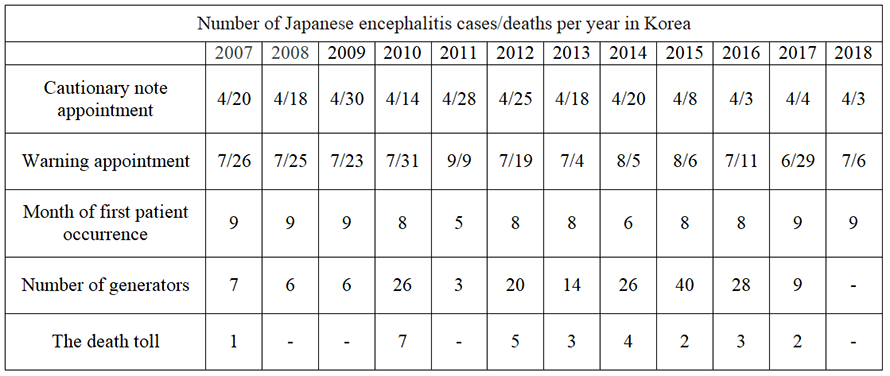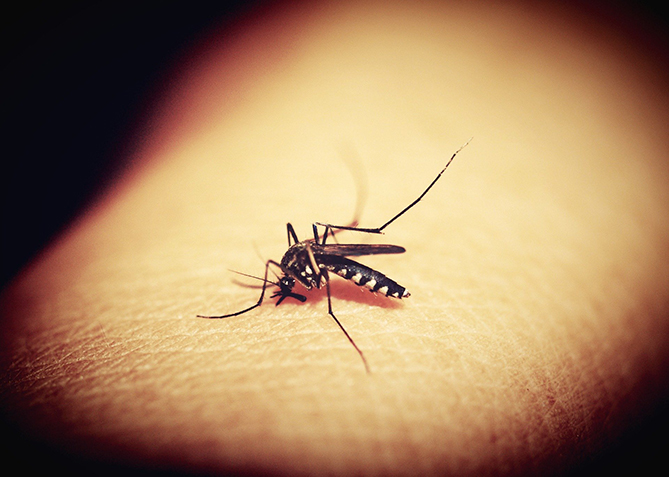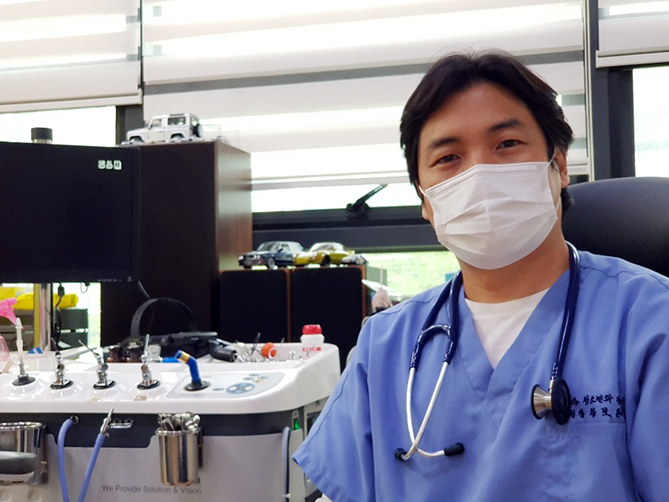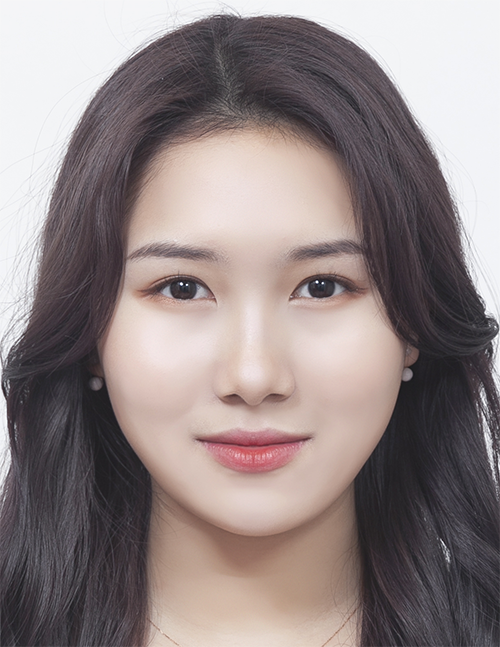While watching the news, I heard that for the first time this year, the small red house mosquito, which carries Japanese encephalitis, has been discovered in the Northern Chungbuk area. The Chungcheongbuk-do Institute of Health and Environment announced on September 4 that, out of the 299 mosquitoes that they collected in Goseong-eup, five small red house mosquitoes were found. The Korea Institute of Health and Environment said, “Timely and appropriate vaccinations and strict prevention guidelines are required to avoid mosquito bites.” They also emphasized the importance of using mosquito protection products such as mosquito nets and mosquito repellent during outdoor activities. Many people get vaccinated against Japanese encephalitis in the fall. The disease is commonly known to be carried by mosquitoes, and it is a dangerous disease that can kill you if the infection is serious. Therefore, it is very important to prevent it as much as possible. To get more accurate information about Japanese encephalitis, I interviewed Dr.Hwangbo, a doctor at the Young Tong Iron Pediatric Hospital.

According to Dr. Hwangbo, “Japanese encephalitis is an acute viral infection caused by the small red house mosquito (Culex tritaeniorhynchus) that enters the human body during the biting process. It occurs a lot in summer and early fall because this is when small red house mosquitoes are active. As this is a mosquito-borne disease, mosquito eradication is important. It is also important to vaccinate people and take preventive measures against pigs, as they are the hosts of the disease. Fortunately, Japanese encephalitis does not spread through human contact, so there is no human-to-human transmission of the disease. If a small red house mosquito bites you, you might get infected, but other types of mosquitoes don’t carry the disease, so you don’t have to worry too much.”

Treating an infection is just as important as preventing it because a momentary choice can control your life. So, I asked Dr. Hwangbo what we should do for treatment if we are infected with Japanese encephalitis. He said, “There is no special treatment for Japanese encephalitis, but for resulting symptoms such as respiratory disorders, circulatory disorders, and bacterial infections, general treatment for symptom relief is needed. In the case of babies, immunity from the mother can be expected until 6 to 12 months old, but after 12 months of age, they are no longer immune to Japanese encephalitis. Also, it affects all age groups, especially those under the age of 15 (70 to 80 percent). After the incubation period of 4 to 14 days, the outbreak progresses rapidly, with symptoms of high fever, headache, dizziness, vomiting, apathy, and excitement. If the disease progresses, it leads to unconsciousness, convulsions, coma, or death. The rate of serious aftereffects or death amounts to 50 to 60 percent. Because of the high mortality rate, any discovery of a small red house mosquito must be taken seriously.” Lastly, he warned, “Japanese encephalitis is prevalent in Asia and around India so we have to be extra careful.”

Now that small red house mosquitos have been detected and mosquito populations are increasing, prevention is more important than ever. As there is no effective treatment for Japanese encephalitis and the disease can lead to death in severe cases, special attention is needed for everyone. Thankfully, simple precautions can significantly reduce our risk of infection. As Dr. Hwangbo advised, make sure to visit a nearby health center or hospital to get a vaccination for Japanese encephalitis. I hope everyone who reads this article is able to take the measures necessary to protect themselves from Japanese encephalitis.

Gayeon Hwangbo
Junior (Grade 11)
Cornerstone Collegiate Academy of Seoul

